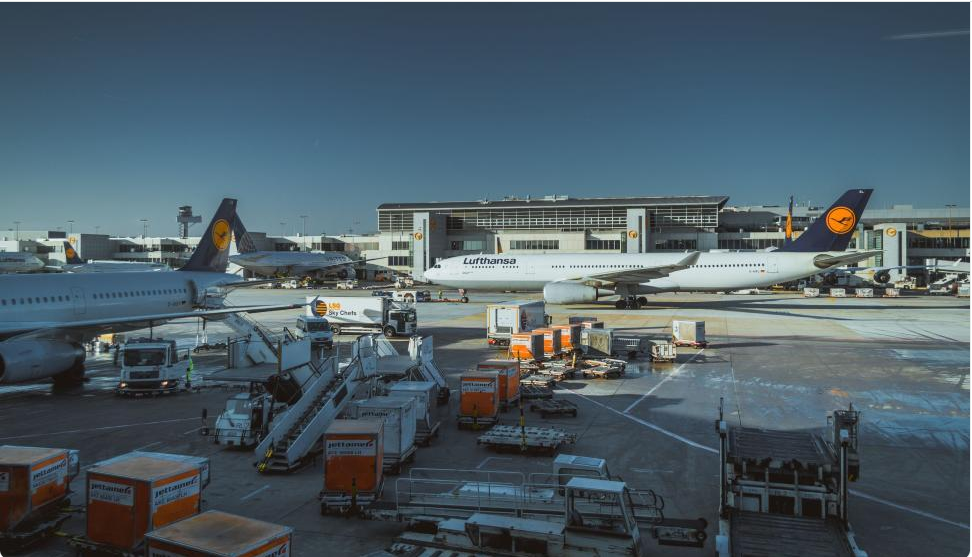Paris/London, 13 October 2025 — The airline industry is bracing for a financial hit exceeding $11 billion in 2025, as supply chain bottlenecks continue to delay aircraft deliveries and restrict access to spare parts, engines, and maintenance capacity, the International Air Transport Association (IATA) has warned.
Breakdown of Costs
The IATA study, conducted with consultancy Oliver Wyman, identifies four main areas of financial strain:
- $4.2 billion in excess fuel costs as airlines operate older, less fuel-efficient aircraft.
- $3.1 billion in additional maintenance costs linked to aging fleets.
- $2.6 billion in higher engine leasing costs, with engines spending longer in repair queues.
- $1.4 billion in surplus inventory costs, as airlines stockpile spare parts to cushion against unpredictable delays.
The report highlights that the global commercial aircraft backlog reached a record 17,000 units in 2024, well above pre-pandemic levels, leaving airlines unable to expand fleets quickly enough to meet rising passenger demand.
Industry Concerns
IATA Director General Willie Walsh said the findings underscore the severity of the crisis: “Even if you halve the number, it’s still a massive drag on the industry. Airlines are being forced to absorb costs that threaten profitability while suppliers enjoy margins far higher than the carriers themselves.”
Walsh also raised concerns about limited competition in the aerospace supply chain, particularly in the engine and parts aftermarket, where consolidation has left airlines with few alternatives.
Wider Implications
The supply chain crunch comes as global passenger demand continues to climb, with traffic growth outpacing capacity expansion. In 2024, demand rose 10.4%, compared with an 8.7% increase in available capacity, pushing load factors to a record 83.5%.
Analysts warn that unless bottlenecks ease, airlines may struggle to meet demand in 2025, potentially leading to higher fares, reduced schedules, and operational strain.
Outlook
IATA has called for greater transparency in supply chains, expanded access to independent parts and maintenance providers, and investment in predictive maintenance and shared data platforms to improve resilience.
While the industry remains profitable overall, the report warns that supply chain disruptions will remain a structural challenge for the rest of the decade, testing airlines’ ability to balance growth, efficiency, and affordability.
Sources: IATA; Oliver Wyman; Reuters; Aviation Week.



